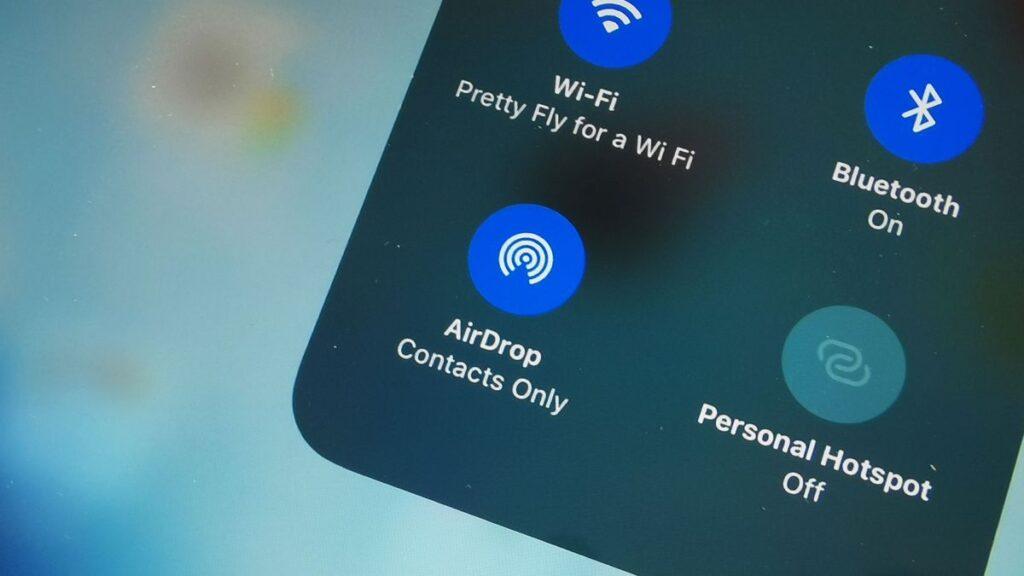- EU could force Apple to allow Android phones to use AirDrop and other exclusive features
- New proposals under the Digital Markets Act also highlight features of AirPods and Apple Watch
- Apple has responded citing privacy concerns.
A new round of EU proposals has strongly suggested that Apple make its exclusive features available to other phone developers and manufacturers.
Under the proposals, EU residents may not need to purchase an iPhone 16 to use features such as AirDrop, AirPlay and automatic audio switching.
Allowing other companies to use Apple’s long-exclusive API features would mark a significant step in the EU’s ongoing efforts to loosen Apple’s control over the smartphone market in the region.
An API (application programming interface) is a piece of software that allows two applications to communicate, forming the basis of features like AirDrop. These unique elements of the Apple ecosystem have long been considered important advantages of purchasing an iPhone.
The proposals are the latest suggestions made in relation to the Digital Markets Act, a piece of EU legislation that regulates the activity and competition of online stores and technology companies.
Apple has already responded with a document titled “Interoperability December 2024,” which states that “abuse” of DMA could result in loss of user privacy.
The document says that Meta has made 15 wide-ranging access requests to Apple device technology and suggests that Apple would not be able to reject them if the latest round of DMA proposals were applied.
In addition to iPhone features, the latest round of suggestions focuses on the unique audio and notification features enabled on Apple Watch and AirPods. The EU has requested that Apple allow third-party accessories the same notification systems as its own products.
As Android Authority reports, the EU has repeatedly shown that it believes Apple’s market dominance and tightly controlled ecosystem give the company an unfair advantage over the competition.
The suggestions do not appear to be immediately binding, but it is apparently within the EU’s remit to use the WFD to enforce them.
my analysis
Apple was apparently previously forced to make grudging concessions under the DMA, such as switching to USB-C with the iPhone 15 and allowing app downloads through unofficial channels, but API access seems a step too far.
The DMA has been instrumental in breaking down the popular view of technology companies as invincible entities, and has proven time and time again that even leaders can be forced to change.
However, if the DMA exists to encourage competition, it is worth remembering that companies need something to compete with. Phones in particular have been in a bit of a performance plateau that’s only just coming to an end this year, so internal specs will rarely be enough to attract customers.
Exclusive features like AirDrop and AirPlay give Apple something to offer. It’s great that Google is so open with Android (I make frequent use of all the platform’s interoperability features when switching between phones for reviews), but I’m not convinced this is a precedent Apple should follow.
Furthermore, I am inclined to believe Apple’s concern for user privacy. The company previously faced off with the FBI to protect the integrity of its ecosystem, and I’m always pleasantly surprised by the privacy features when using my iPad, MacBook, or, on the rare occasion, using an iPhone.
Apple has received its fair share of criticism over the years, some deserved, some not. But one thing the company has done is work hard to create a singular vision and a sense of flow throughout its ecosystem. If the company is forced to publicly offer its prized exclusive features, I wonder how long it will be before we see Android phones with Apple logos printed on the back.




